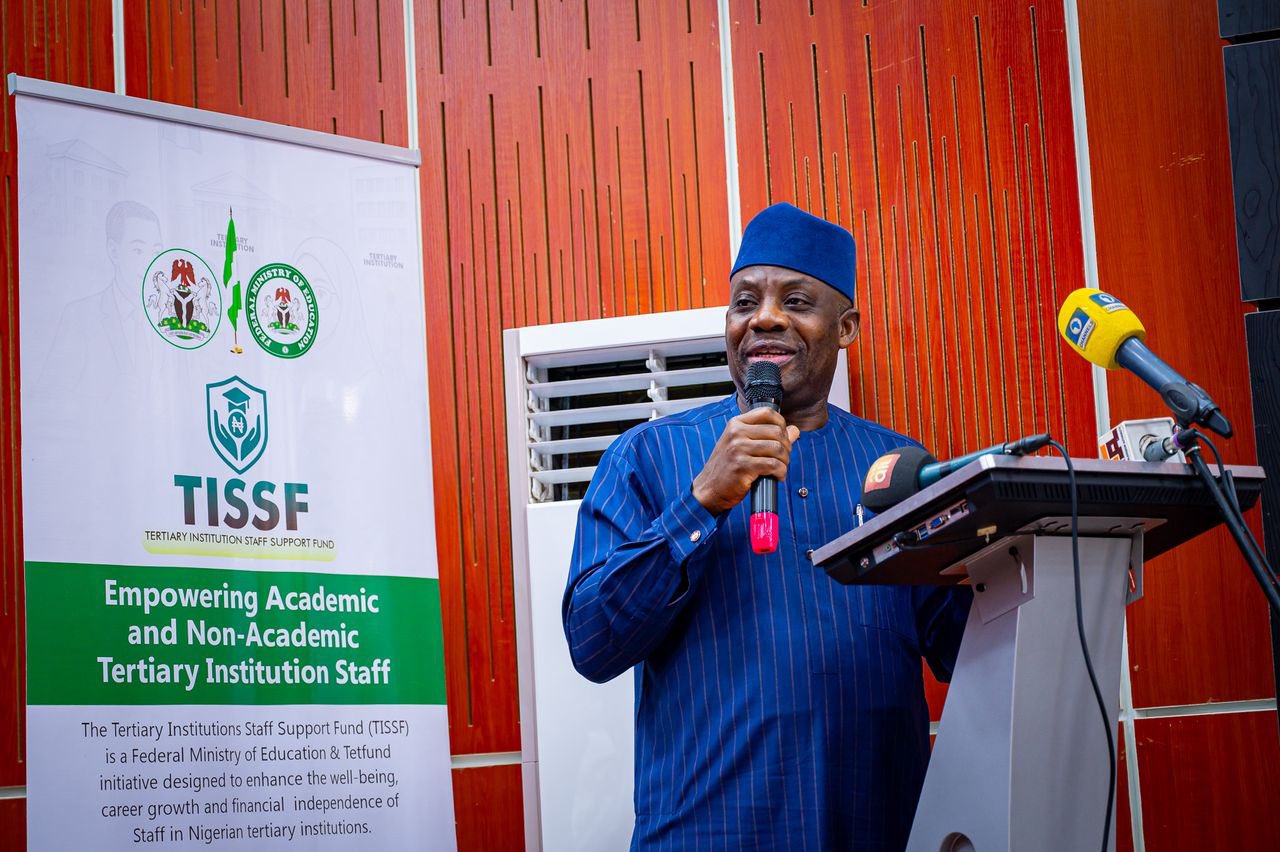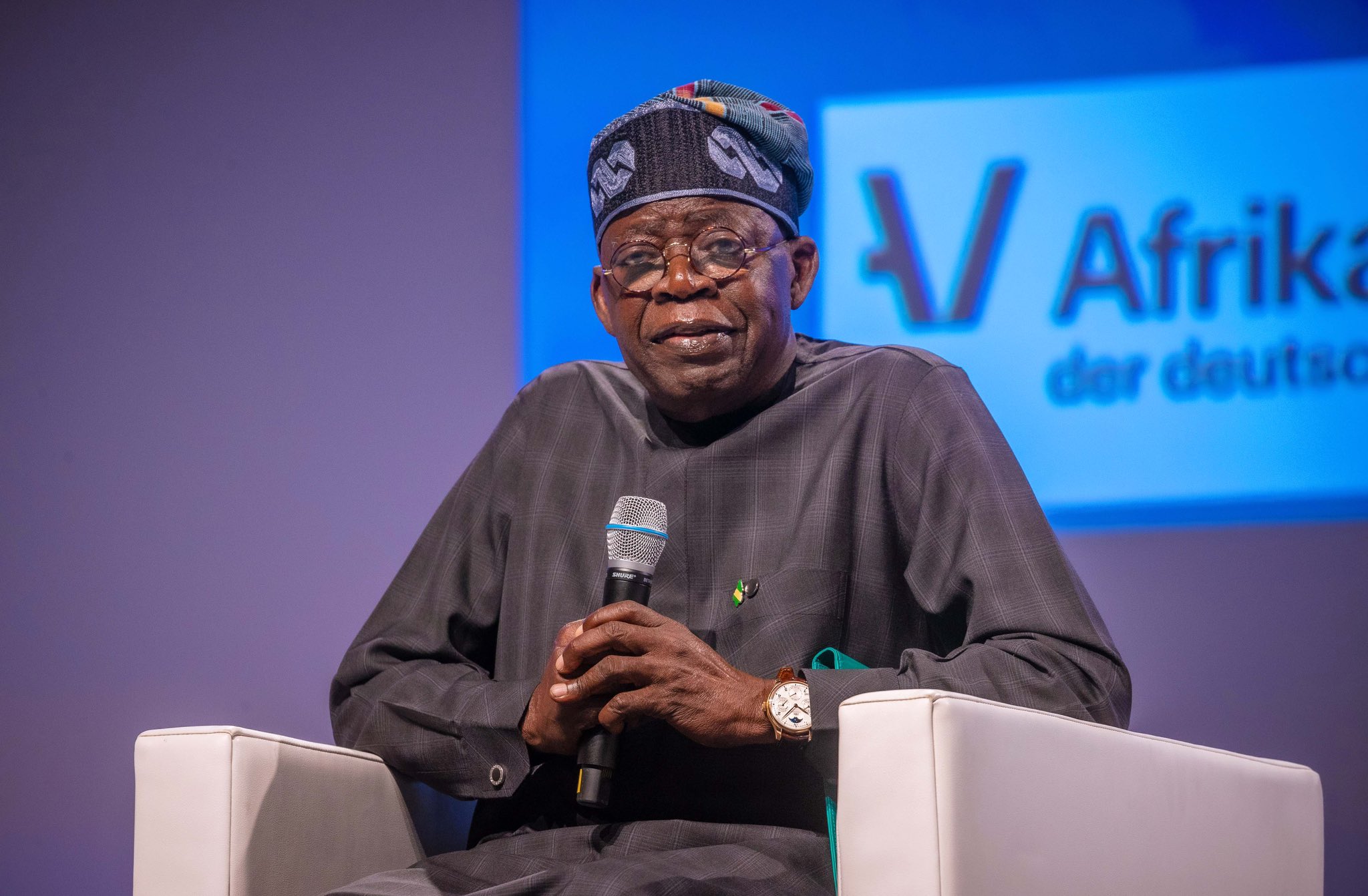The Federal Ministry of Education has announced that Nigerian secondary school students in the arts and humanities will no longer need to have a credit in Mathematics in their Senior School Certificate Examination (SSCE) to gain admission into universities and polytechnics.
The ministry disclosed this new policy on Tuesday, saying it applies to exams conducted by both the West African Examinations Council (WAEC) and the National Examinations Council (NECO).
For many years, admission seekers in arts and humanities were required—just like their counterparts in science and social science streams—to obtain at least five credits, including Mathematics and English Language, before they could be admitted into higher institutions.
According to a statement by the ministry’s spokesperson, Folasade Boriowo, the change comes as part of a broader reform under the “Revised National Guidelines for Entry Requirements into Nigerian Tertiary Institutions”, aimed at removing unnecessary barriers while maintaining academic standards.
The statement outlined the new framework as follows:
Universities: A minimum of five credit passes in relevant subjects, including English Language, obtained in not more than two sittings. Mathematics is now only compulsory for Science, Technology, and Social Science courses.
Polytechnics (ND Level): A minimum of four credit passes in relevant subjects, including English Language for non-science courses, and Mathematics for science-related programs.
Polytechnics (HND Level): A minimum of five credit passes in relevant subjects, including English Language and Mathematics.
Colleges of Education (NCE Level): A minimum of four credit passes in relevant subjects, with English Language mandatory for Arts and Social Science courses, and Mathematics required for Science, Vocational, and Technical programs.
Read Also;
ASUU Begins Two-Week Warning Strike as Talks with FG Collapse
An education analyst, Ayodamola Oluwatoyin, welcomed the reform, describing it as “a brilliant and inclusive move that will ease access to tertiary education for many students.”
The Minister of Education, Dr. Tunji Alausa, also praised the initiative, calling it “a deliberate effort to expand opportunities and ensure more Nigerians can pursue higher education without facing unnecessary academic bottlenecks.”




